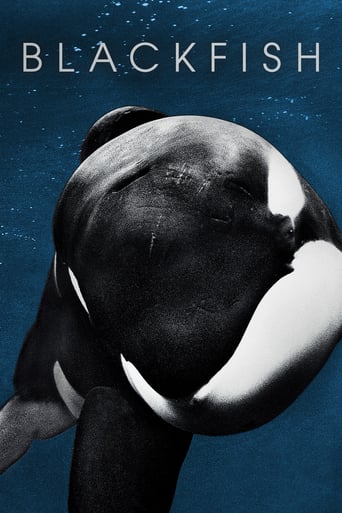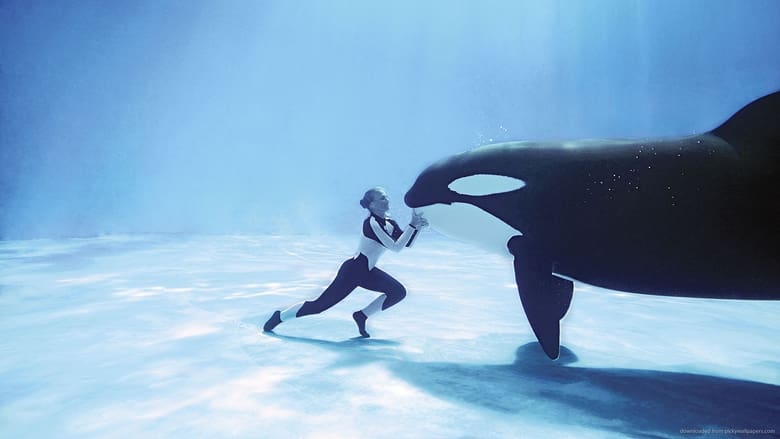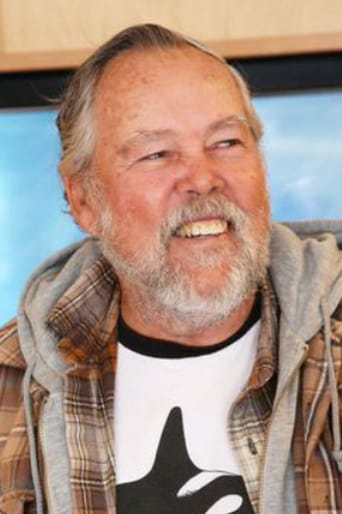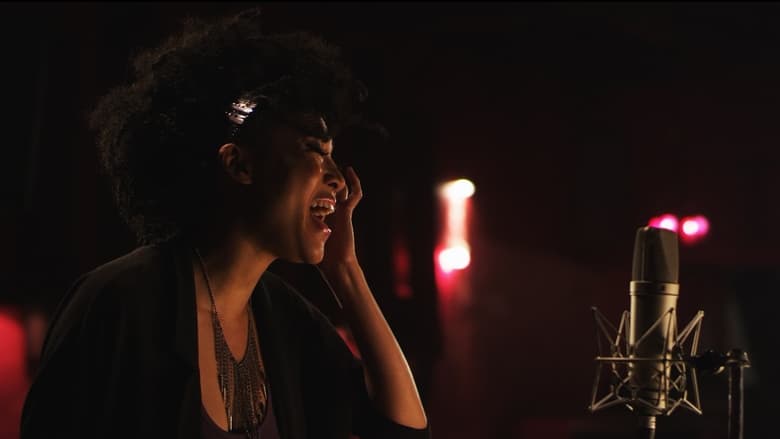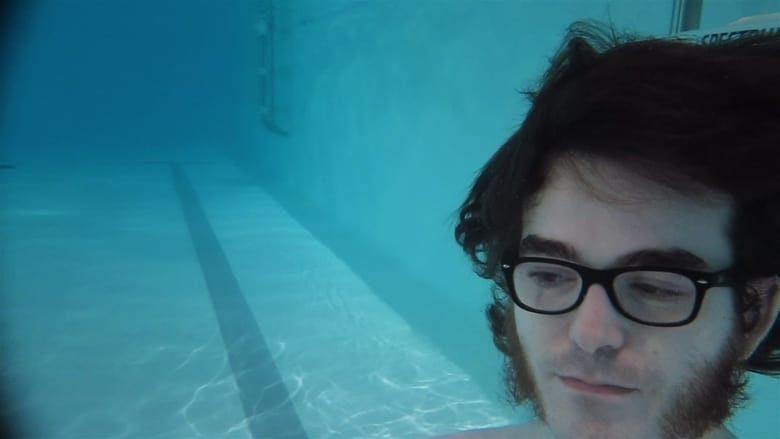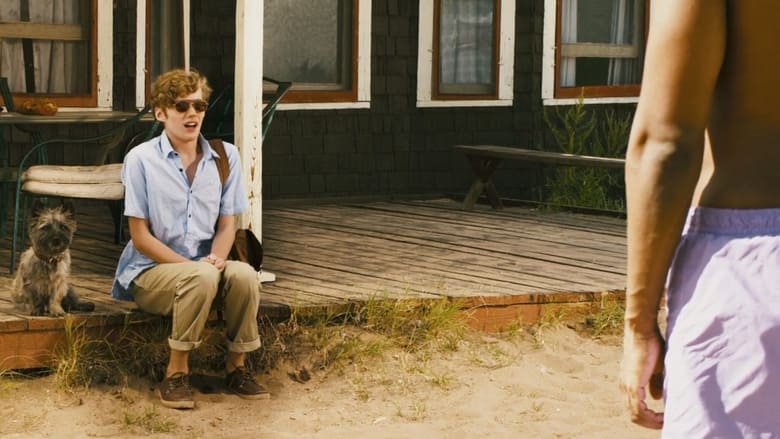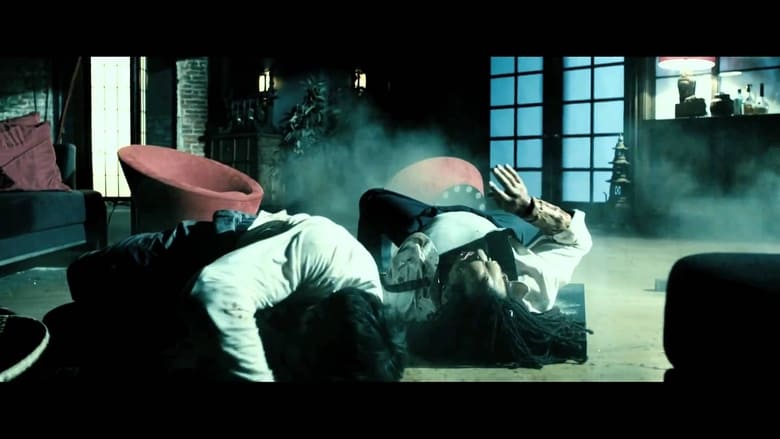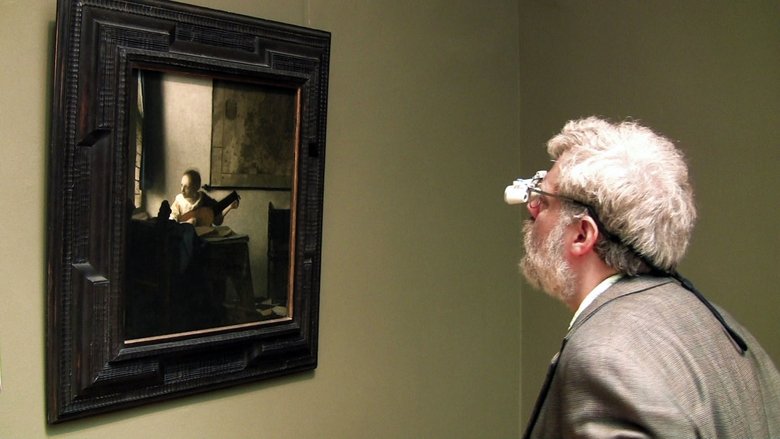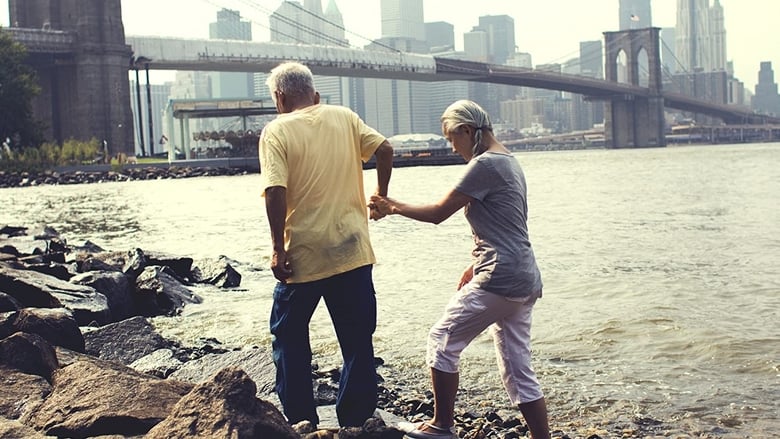Notorious killer whale Tilikum is responsible for the deaths of three individuals, including a top killer whale trainer. Blackfish shows the sometimes devastating consequences of keeping such intelligent and sentient creatures in captivity.


Similar titles

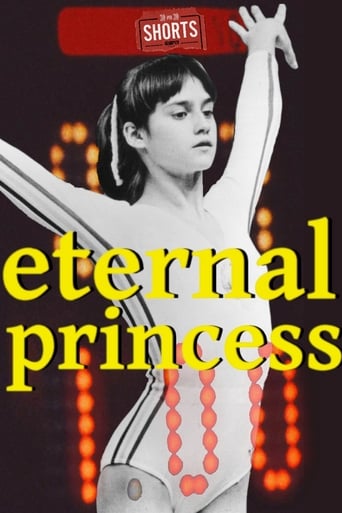


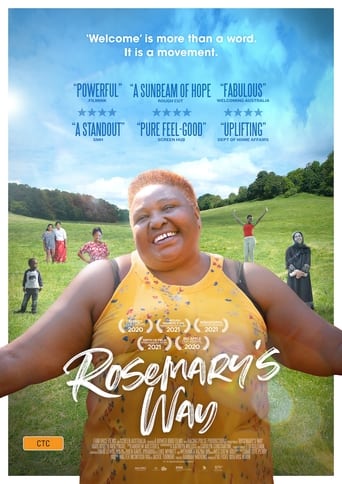
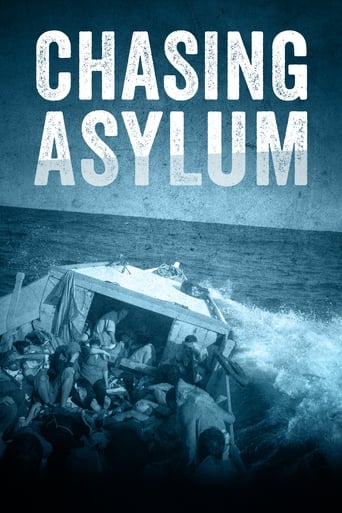
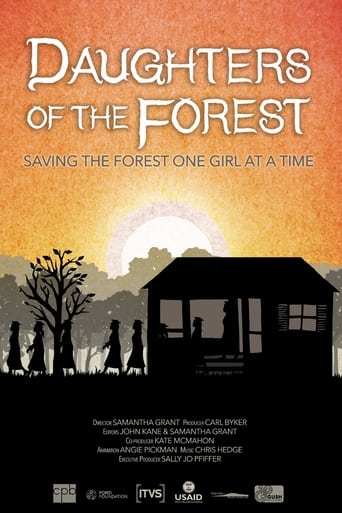
Reviews
Yes, relaxing and revolting in the same time! These orcas/killer whales are so smart, so fun, like a whale-dolphin that understands you! But do we understand them? Does it even matter if we do? We don't care because... money. This again shows that the tyranny and hypocrisy of man can know no boundaries. I hate it though how only the innocent pay in this, the orcas living a life of captivity that shorten their lifespan as well as their quality of life and the trainers who are the only ones looking for their better interests. Such a damn shame, never mind the orcas, you could do with wanting to kill someone yourself.
I have nothing to blame but ourselves as human species for capturing and killing killer whales. I just was appalled and shocked that these creatures are treated like dirt. No wonder they are going to be nearly extinct soon. I tell ya, it will be an unforgiven process to us all when they are no longer on this planet.Seeing poor Tilikum just stuck in that small tank and the fin bent down, it really just breaks your heart. It was reasonable that he unfortunately died this year, he was a creature who was separated from his mother and the fact he turned violent, was very hard to watch. I couldn't believe SeaWorld didn't care about the victims who died or the trainer whose arm was violently bent by Tilikum! They were such selfish a***oles, blaming the trainers because they caused the whale to go at them, NO ITS THE WHALES GODDAMMIT AND HOW THEY ARE BEING TREATED BY YOU! Its just horrible, the scene I found the most hard to watch and nearly cried, was when they separated the mother and the calf. The mother whaled out with sadness and grief when her baby was taken. It was divesting and it makes you so so angry! This documentary honestly does want you to help these captured whales more.FREE THE WHALES
I was a child who lived in BC when Tilikum performed at SeaLand. I remember the news of the death of that young trainer very well. And then a few years ago the other trainer at Seaworld. I've always been fascinated with the beauty of Orcas and never thought they belonged in captivity. I just saw this documentary on Netflix and I'm glad that it was not afraid to get emotional over the heartache that is the outcome of having wild huge sea mammals in captivity, separated from their pod culture.
Dawn Brancheau was not only one of the most experienced trainers at SeaWorld in Orlando, Florida, she was one of the most beloved. According to her colleagues in the documentary "Black Fish", she understood sea animals, particularly killer whales, like few others. For 15 years, she trained killer whales and participated in the killer whale shows at Seaworld, working with one of the most famous and largest killer whales in captivity, Tilikum, a bull orca. At only 39 years old, her career was cut short. (It should be noted that whales are not fish; they are air-breathing mammals who live in the water; their ancestors once lived on land.) In 2010, shortly after a show which became a disaster when Tilikum failed to cooperate because of mishaps neither entirely the trainer's nor the whale's fault, Dawn decided to have some quiet time with Tilikum to calm the whale down and ease their relationship. After only a few minutes, Tilikum grabbed Dawn, pulled her down into the water and mutilated her. Because scientists now know whales are highly intelligent, similar to their dolphin kindred, more than likely this whale knew exactly what he was doing: he purposefully killed his trainer. Tilikum's behavior may have been carefully considered as a message to his human captors that he was frustrated with the circumstances of his captivity. This is the focal story of "Black Fish", a scathing exposé of these entertainment parks, especially in regards to their killer whale shows. Like most kids who grew up in the late 1970's, 1980's and 1990's, I went to SeaWorld a handful of times. Seeing these beautiful creatures in front of your eyes is a magnificent wonder to behold, and in particular the killer whale shows. Most Generation X'ers and Millennials visited SeaWorld and similar amusement parks themed around sea animals. I think we all assumed the whales and the parks had a special relationship in which the animals agreed to be in captivity in exchange for food and shelter. I think I also assumed these parks were created by people who loved sea animals and wanted to create these attractions as a way for the public to interact with these incredibly unique animals. While the trainers and others who are in direct contact with these animals certain love and respect them, corporate interests appear to have very little empathy or sympathy for the animals they own, more interested in profit than humanity."Black Fish" paints a very grim picture of the attitudes of upper management of SeaWorld and other similar parks in the United States and around the world. Although not mentioned in the documentary, SeaWorld Entertainment was originally created by the Anheuser-Busch corporation as part of their Busch Gardens amusement parks which were associated with their brewing companies. While certainly the idea of an amusement park founded for the purposes of exposing the public to sea animals, the parks were created by a beer company, not by animal lovers or experts. Early on the documentary, we see footage from the 1970's of whales being captured for the purposes of eventually becoming part of SeaWorld and related amusement parks. Since there was no regulation at the time, hunters could capture these animals at will without fear of government oversight.The documentary traces incidents of disruptive and violent behavior among the animals which appears to be a direct result of mistreatment. The documentary portrays corporate managements of these parks as having little regard for these animals, and the most at stake in terms of generating large revenue and pleasing stockholders. They would give young trainers misinformation about whales to minimize their responsibility towards the animals. Often in many of the accounts of injury and even death among trainers, the "official" story from the corporation was the incidents were the fault of the trainers, and the animals are generally happy and content, and bad things happen because of error. However, the documentary reveals much mistreatment of the animals, to the extent that sometimes the animals will hurt one another, which happened early on to Tilikum when he was young.The story-line also reveals that when these parks became hugely popular in the 1970's and on-wards, there was little scientific research about whales and similarly high-intelligent sea animals. For many years, it was thought that whales were not highly emotional, and they lived for only about 25 to 30 years. Apparently, much of the data came from whales in captivity, not whales in the wild. It was eventually revealed that whales in captivity tend to live shorter lives, and in the wild, among those who reach adulthood, whales can live about the same life span as humans, from 60 to 75 years. They are not only highly intelligent, but they bond emotionally to members of their families in similar ways as human beings. However, these were unknown to the SeaWorld corporations who seemed to have little interest in understanding the nature of these animals.A sobering look at a cultural phenomenon which became part of modern life in the late 20th century. Sea parks, an outgrowth of the larger complex amusement parks begun by Walt Disney in the 1950's, have become part of American and international culture. Unfortunately, they were established to make money, and they would mislead young trainers with erroneous information. According to the documentary, much of the conclusions of upper management had nothing to do with knowledge about whales. While I am sure upper management individuals would deny any wrong-doing, they are pressured from stockholders and corporate executives to minimize their responsibility. Here, the documentary relies on the testimony of the trainers and not a corporate spokesperson.
